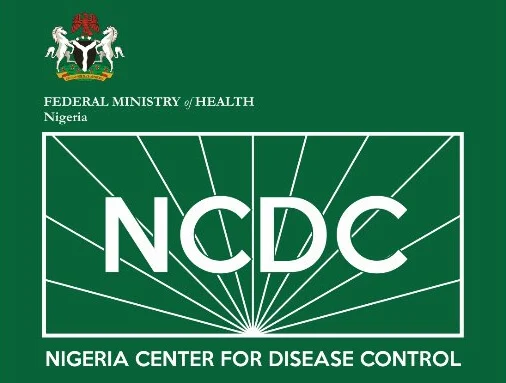Recently, Nigeria has been grappling with the outbreak of diphtheria, a highly contagious and potentially fatal bacterial infection.
According to the Nigeria Center for Disease Control and Prevention (NCDC), a total of 798 confirmed cases, including 80 deaths, have been reported in eight states and the Federal Capital Territory (FCT) since the beginning of this year.
This newspaper considers this statistic put out by the NCDC staggering enough and should serve as a wake-up call to both government officials and citizens.
The states most affected, such as Kano, Lagos, Yobe, Katsina, Cross River, Kaduna, and Osun, demand immediate attention and intervention.
Indeed, the fact that the majority (71.7 per cent) of the confirmed cases are among children aged 2-14 years only intensifies the urgency of the matter.
As disturbing as this situation seems, it is reassuring that the world has witnessed remarkable strides in reducing the mortality and morbidity of diphtheria through vaccination. This success story is largely owed to the widespread adoption of vaccination programs in many countries, which have effectively curbed the threat of this deadly disease.
Unfortunately, in some regions such as Nigeria where routine childhood immunisation coverage is abysmal to say the least, diphtheria remains a significant child health problem, as evidenced by the recent outbreak.
The availability of a safe and cost-effective diphtheria vaccine in Nigeria should be a beacon of hope in the fight against this highly preventable disease.
Shockingly, in our opinion, 82 per cent of the 798 confirmed diphtheria cases reported were found to be among unvaccinated individuals.
Diphtheria: 26 Die, 21 Hospitalised In Yobe
The fact that so many children have fallen victim to diphtheria, a disease that is entirely preventable through vaccination, demands immediate action and introspection.
Also, public awareness and education play an integral role in combating the outbreak. The NCDC and other health authorities must launch robust information campaigns to educate the public about diphtheria, its symptoms, and preventive measures. This should include messages on maintaining good hygiene practices, recognizing the signs of diphtheria, and seeking immediate medical attention if any symptoms are observed.
Another critical aspect of managing the outbreak is strengthening healthcare infrastructure in the affected regions. This includes increasing the number of medical facilities equipped to handle diphtheria cases, ensuring adequate supplies of medicines, and providing healthcare professionals with the necessary training to diagnose and treat the disease promptly.
Early detection and swift response are vital to containing the spread of diphtheria. The NCDC and other health agencies must establish an effective surveillance system to monitor the outbreak closely. This will enable them to identify new cases promptly and respond with targeted interventions, preventing further transmission and spread.
Community engagement and involvement are pivotal in curbing the outbreak. Local leaders, religious organisations, and community-based groups should work hand-in-hand with health authorities to disseminate information and encourage participation in vaccination drives. Building trust within the communities will facilitate the acceptance of public health measures and help dispel any misconceptions or myths surrounding the disease.
Given the severity of the outbreak, seeking assistance and collaboration with international health organisations and partners can be instrumental in mounting an effective response. The World Health Organisation (WHO) and other global health bodies can provide valuable resources, expertise, and support to help Nigeria combat the outbreak successfully.
In view of the foregoing, we posit that the current diphtheria outbreak in Nigeria is a stark reminder of the importance of investing in public health infrastructure and preparedness. It is a call to action for all stakeholders to work together and prioritise the health and well-being of our citizens, especially the young and vulnerable. It also serves as a reminder of the importance of routine childhood immunization coverage.
Vaccination has proven to be an indispensable tool in saving lives and curbing the spread of preventable diseases. It is imperative, therefore, that the nation seizes this moment to revitalize her commitment to the health of the children population and work towards a brighter, healthier future for Nigeria.
The NCDC, alongside state and federal governments, must allocate sufficient funds and resources to combat the outbreak effectively.
As individuals, we can contribute to stopping the spread of diphtheria by remaining vigilant, seeking timely medical attention when needed, and encouraging others to do the same. Following basic hygiene practices, such as regular handwashing, covering our mouths and noses when coughing or sneezing, and avoiding close contact with infected individuals, can significantly reduce the risk of transmission.
Consequently, the diphtheria outbreak in Nigeria requires urgent attention and a united effort from all stakeholders. Together, let us rise to the challenge and create a healthier, safer Nigeria for all.





